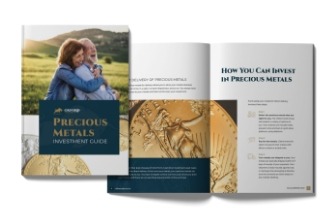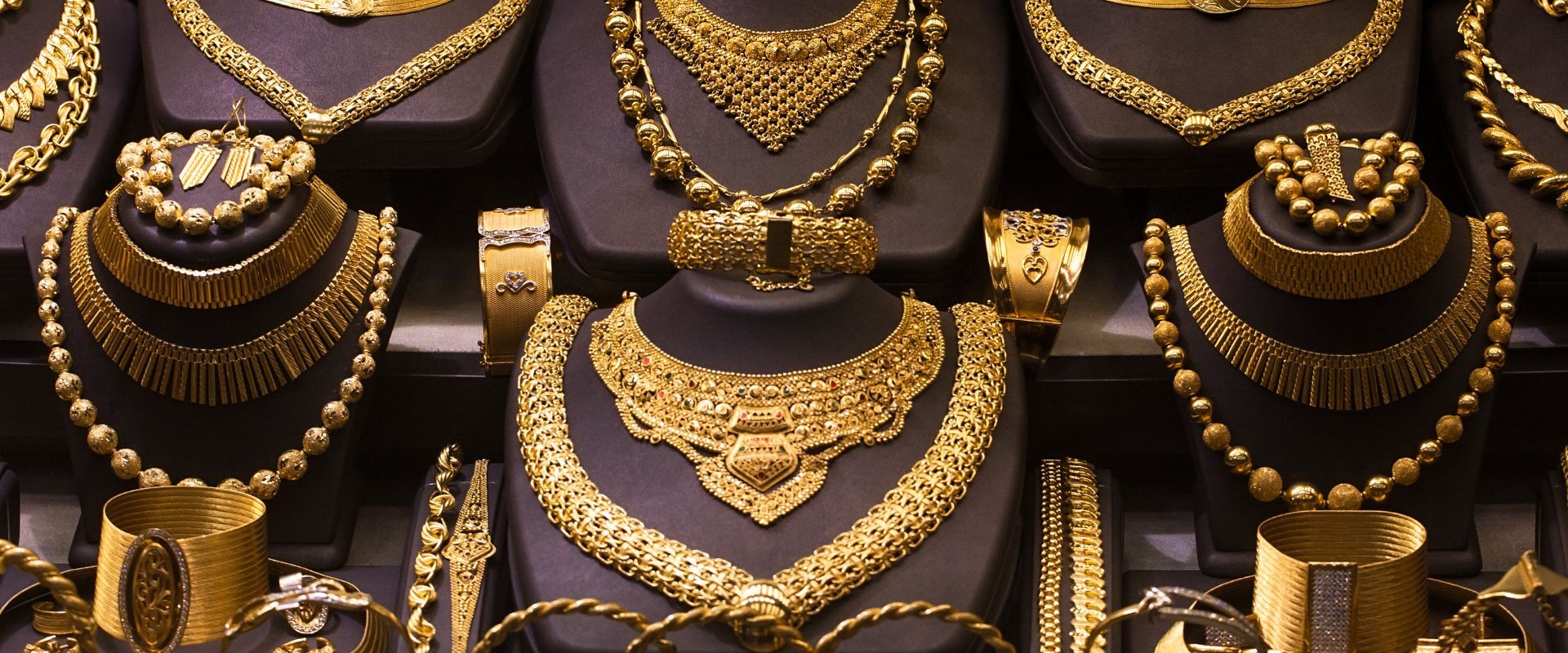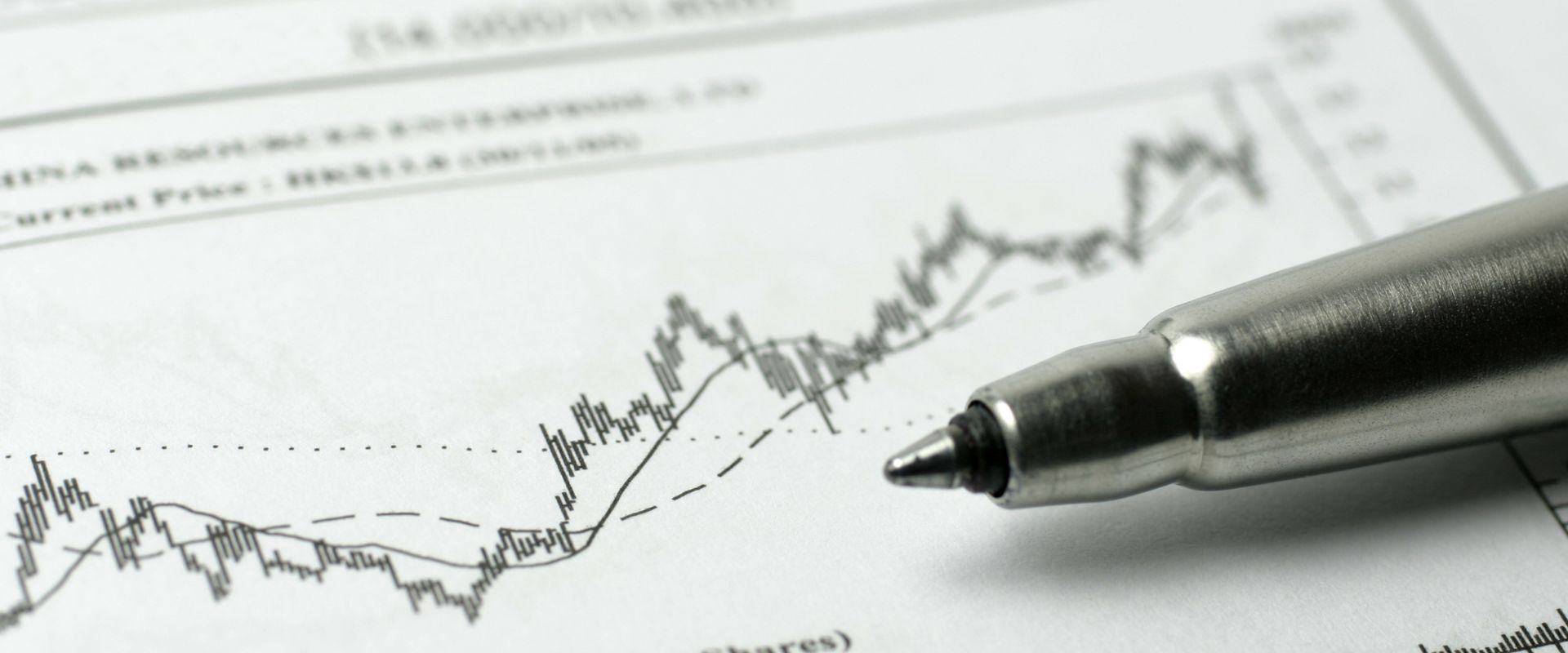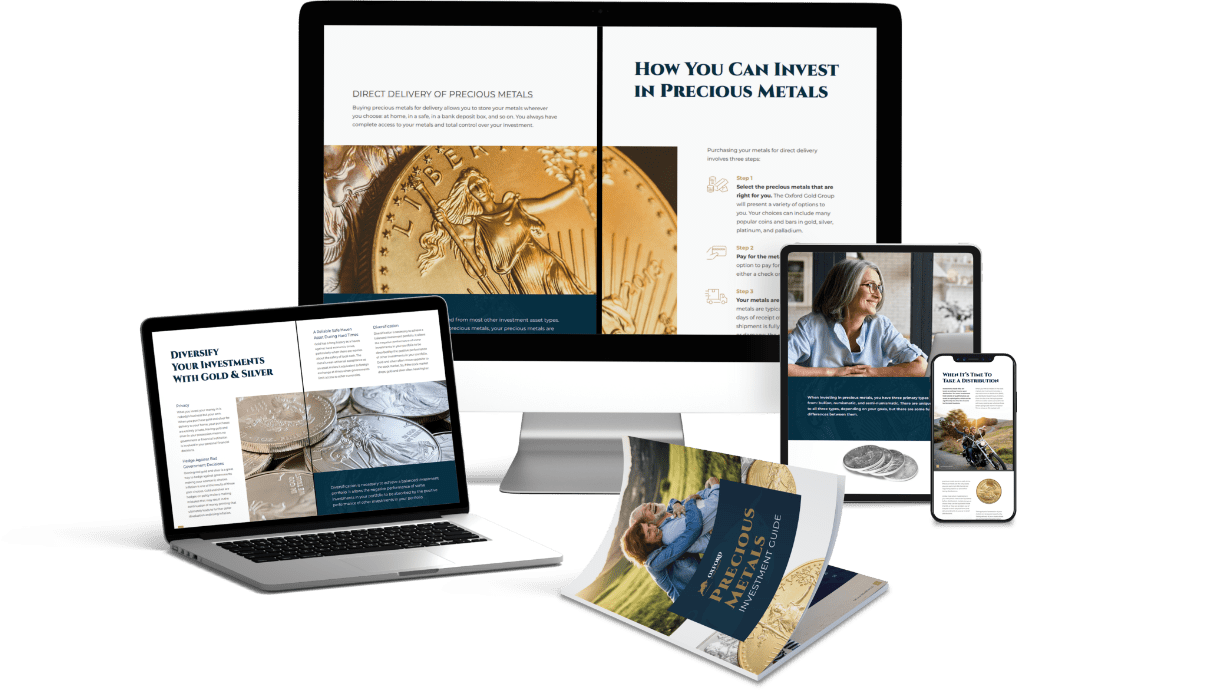Table of Contents
Investors looking to buy precious metals often start out asking the same question: Does gold depreciate? Find out everything you need to know about the value of this rare metal from the experts at Oxford Gold Group so you can make an informed decision about investing in gold.
Factors Affecting Gold’s Value
The price of gold can fluctuate depending on a few different factors. Understanding what impacts the value of gold can give you a clear picture of the current value of gold bullion and how it may change in the future.
Supply and Demand Dynamics
The price of most items boils down to supply and demand. With gold, however, a few caveats impact its value. While a finite supply of gold exists on earth, the amount of mined gold continues to increase. Meanwhile, the demand from groups like investors and those looking to buy jewelry changes.
The demand among both groups tends to fluctuate with the price of gold. Higher prices mean fewer people want to invest in bullion or buy gold jewelry, so they wait until the value goes down to make a move.
Economic Conditions

Interest rates paint a picture of the nation’s economy and provide good insight into the value of gold. Consider the start of the COVID-19 pandemic in 2020, when interest rates fell to historic lows. At the time, gold prices went on an upward trajectory before leveling off and eventually falling when the Federal Reserve announced rate hikes to combat inflation.
As the economy enters periods of instability, many investors turn to gold instead of traditional investments like stocks and bonds, which can temporarily increase the value of gold.
Inflation and Deflation
Does gold depreciate because of inflation? History shows a correlation between the two — gold prices tend to rise when inflation is on the rise. However, in 2022, the price of gold dropped slightly as inflation rose, so this trend may not be something to rely on when investing.
On the other hand, the weakening of the U.S. dollar tends to lead to an increase in demand and, therefore, higher gold prices.
Global Political and Financial Stability
On a global scale, the price of gold relies on the political and financial stability of central banks and the economies of developed nations. Turmoil on both fronts can cause gold prices to rise as investors look for a backup “safe-haven” investment should a leading economy break down. A strong, stable global economy with no military or political conflicts can take the financial focus off of gold investments and lower the metal’s value.
Gold’s Relationship with Inflation and Currency Depreciation

As an investment, gold has a unique way of battling inflation and a weakening currency. Investors often view it as a safe haven when the economy suffers. However, conflicting cases show various changes in gold’s value amid inflation.
Gold as a Hedge Against Inflation
Gold investors and financial experts can make opposing arguments that inflation causes an increase in gold prices. It’s possible that higher demand and a subsequent bump in gold’s value are due to supply issues and futures trading trends rather than inflation alone.
Overall, gold has historically served as a reliable hedge against inflation, though this may not always be the case.
Historical Examples of Gold’s Response to Inflation
Gold prices during bouts of inflation are mixed but currently show positive outcomes. During the 1970s, inflation rates reached 8.8% over a six-year period. Gold was a reliable investment at this time because of its impressive 35% annual return.
More uncertainty came during the 1980s and early 1990s when gold did not perform nearly as well as investors had hoped. From 1980 to 1984, gold’s return rate fell short of the 6.5% inflation rate. The same disappointment came a few years later when gold prices fell roughly 7.6% each year from 1988 to 1991 against a 4.6% inflation rate.
Today, gold investments are performing well as a hedge against inflation. The price of gold jumped by 14% between November 2022 and February 2023 as the U.S. continued to experience inflation.
Gold’s Performance During Currency Crises
When major currencies face turmoil, investors look to gold as a backup to get them through a recession. In 1973, the start of a 16-month recession led to an 87% increase in the price of gold per ounce, while the S&P 500 lost 13.1%. Jump to 2007’s 18-month recession, when gold had a notable 16.3% price increase against a 37.4% decrease in the S&P 500.
As recently as 2020, gold continued to increase in value while recessions hurt the stock market.
Comparing Gold Depreciation to Other Investment Assets
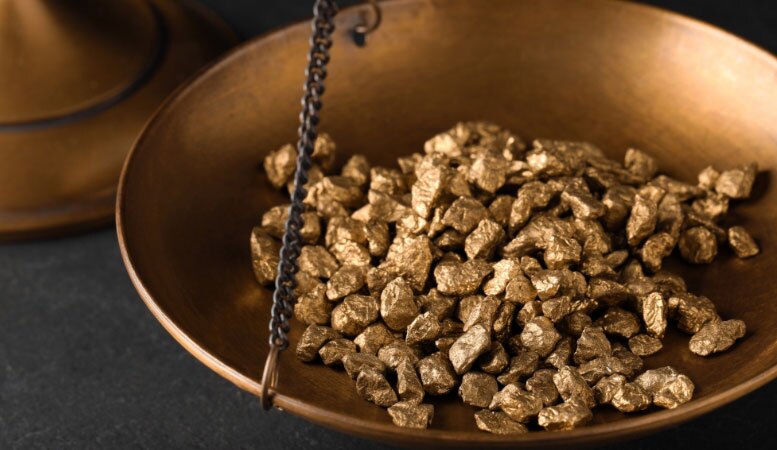
How does gold depreciate compared to stocks, fiat money, and other precious metals? Current figures show it doesn’t depreciate at all but rather outperforms other investments by a wide margin. Pricing data from 2000 to 2020 shows a nearly 531% gain in the price of gold.
Silver assets saw the next-highest return, with a 251% increase. Stock investments through the Dow Jones, Nasdaq, and S&P 500 all have net gains ranging between 113% and 140%. Savings accounts clock the worst 20-year gain with only a 20.5% increase, which comes in under the 53% inflation figure.
This data proves that gold holds up well over time compared to volatile stock markets and low-risk savings investments.
What Is the Role of Central Banks in Gold Markets?
Central banks are some of the biggest movers of gold products and investments. As a result, their influence is a major factor in answering “Does gold depreciate?” Central banks closely monitor the global economy and stockpile gold accordingly.
If global markets are performing well, central banks try to limit their holdings of precious metals since they offer no return. However, turbulent financial times lead central banks to build up their reserves so they can treat gold as a financial safety net.
How Do Central Banks’ Actions Impact Gold Prices?
No matter which course of action central banks take, it influences the price of gold. Rising inflation and interest rates force banks to increase their stock of gold reserves to combat the turmoil. This increases demand and therefore gives gold a boost in value.
Can Central Bank Policies Lead to Gold Depreciation?
Central banks can cause gold to depreciate because they don’t want to have large reserves sitting around during stable times. Other investors don’t have much interest in gold during periods of stability compared to periods of economic uncertainty. As demand decreases and supply increases, the global price of gold falls.
A non-binding solution called the Washington Agreement aims to prevent the depreciation of gold as it pertains to trading within central banks. This agreement limits banks to selling only 400 metric tons of gold per year in order to stabilize markets and investor portfolios.
What Potential Risks and Challenges Could Affect the Value of Gold?

There are some risks when investing in gold, particularly in the short term. Spot prices can be highly volatile and fluctuate for a number of reasons. There is also the risk of inflation, and investors cannot always predict how gold will perform, given its up-and-down figures throughout history.
Perhaps the biggest and most unpredictable risk is geopolitical instability. Election results, national policy changes, pandemics, and war can greatly influence the value of gold as global leaders and investors navigate tough times. Gold prices may rise or fall depending on these issues, among others.
Can Gold be a Reliable Form of Savings?
Building up wealth with gold assets is possible for a few reasons. Gold’s value consistently outperforms U.S. stock investments with a 15-year streak, according to a report from AARP. Gold’s global influence and cultural significance across generations lend to its long-term stability.
Financial experts suggest that gold is a smarter way to save than cash because it doesn’t suffer from meager interest rates the way savings accounts do. You can certainly add value to your portfolio by diversifying with gold and other precious metals and working with a certified financial advisor familiar with gold investments.
Should You Consider Gold as a Long-Term Investment?
Since gold largely increases in value over time, experts deem it a solid choice for long-term investments. The short-term price fluctuations may cause your wealth to dip, especially during periods of geopolitical and financial instability. This tends to turn away investors looking to make a quick buck instead of planning for retirement.
However, in the long run, gold tends to suit patient investors. If you’re looking to increase your wealth or diversify your portfolio, consider asking a financial advisor about gold investments. You can trust Oxford Gold Group for additional resources on gold and precious metals as well as trading opportunities.
Now that you have a fleshed-out answer to “Does gold depreciate,” you can take steps towards a smart investment. Reach out to the precious metal specialists at Oxford Gold Group to learn more about opening a gold IRA or to purchase gold bars and coins for your portfolio.
